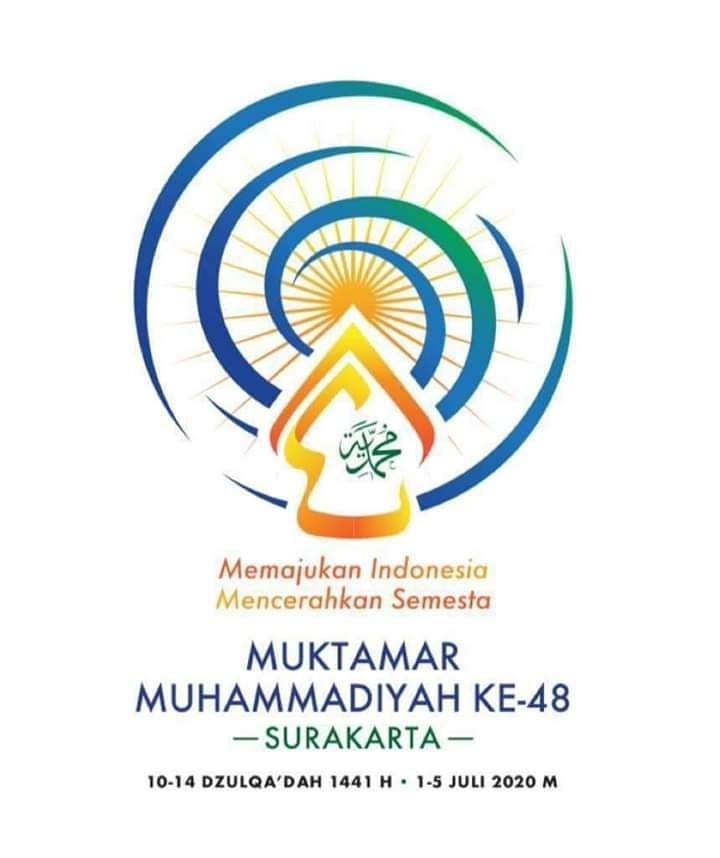Yogyakarta-In the last few weeks, it had widely reported the decline in agricultural production and crop failure. In many areas there were failure of harvest/ puso on rice plants caused by rats or aphis attack, in other areas of grain production had decreased productivity of land, threatening the food supply targets, and so on.
This was actually caused by farmer behavior changes in implementing aquaculture systems in the field. Developed farming systems had left local wisdom and not based on nature concept. Some examples from cases in the field were planting one crop repeatedly and continuously (monoculture), not simultaneous planting simplification of the plant species, and so triggers causing many crop failures.
This was spoken by the Dean of the Faculty of Agriculture, University of Muhammadiyah Yogyakarta, Ir. Agus Setiawan Nugroho, MP., responding to farmers' crop failure lately, in the Integrated Campus UMY on Thursday (16 / 6).
Agus explained that monoculture planting was to pursue the production target yet in the absence of long-term rotation and also not based on nature concept, and not particularly advantageous from the aspect of ecology and agronomy. On the pretext of the availability of adequate water, there was a tendency of farmers to grow rice continuously.
"Repeated planting crop will trigger development of crop pests, pathogens and weeds due to be remaining unchanged environment. This is one reason many planthopper pests causes crop failures continuously in various areas, "said Agus.
He added that the flooding of rice fields continuously also caused a lack of soil aeration, less growth of beneficial organisms in the soil, leaching of nutrients, and so on. Nature has also taught men by the change of season, so farmers planted crops by adjusting microclimate circumstances.
Natural phenomena were studied in long-term with titen science expressed in a variety of local wisdom as Pranoto mongso already becoming obsolete and is replaced by the use of external inputs role. Unsimultaneous planting system was also unfavorable because it caused no break pest cycles, because of availability of adequate food for the pests. Widespread plant hopper pest and rodent were also possible because rice cultivation was not simultaneous.
"Nature teaches that every organism in nature, including pests has natural enemies, which acts as a natural control. If the rice planting done simultaneously, with the same pest populations, then the loss of crop yields in areas that will be distributed widely so that qualitatively will be low. After the harvested crop, the pest will lose food and will naturally decrease the population, so that in the next planting season attacks will further decrease. But if it is not simultaneous planting, pests will only move from one land to another land so that the population would be awake and even grow more, "explained Agus.
Therefore, due to easy management, farmers tend to plant one crop only. It is actually unfortunate because it was very vulnerable to the risk of crop failure or low prices, there is no improvement of the quality of agro-ecosystem, there is no diversification of agriculture, and so on. Nature has taught that ecosystems with high levels of diversity that have this level of stability and sustainability are also high. Thus, planting only one type of plant would cause the stability and sustainability of farming systems was low.
"Most of our farmers are no longer learning from nature, and more trust in the use of external inputs as the solution to the problems of agriculture. Whereas the natural form of dynamic balance and order, so that should be the basis in the development of agricultural systems, "added Agus.
Therefore, prior to more failure and the loss it's good alternative to improve cropping systems using nature concept and based on local wisdom through the use and management of nature while maintaining sustainability.
"Agricultural land used was not only for the short term but also for generations to come, so it must be oriented in managing land productivity, stability, equity and sustainability. And to achieve this goal, for awareness of the community to change behavior is needed and also support from the government as policy maker shall be provided, "said Agus.


